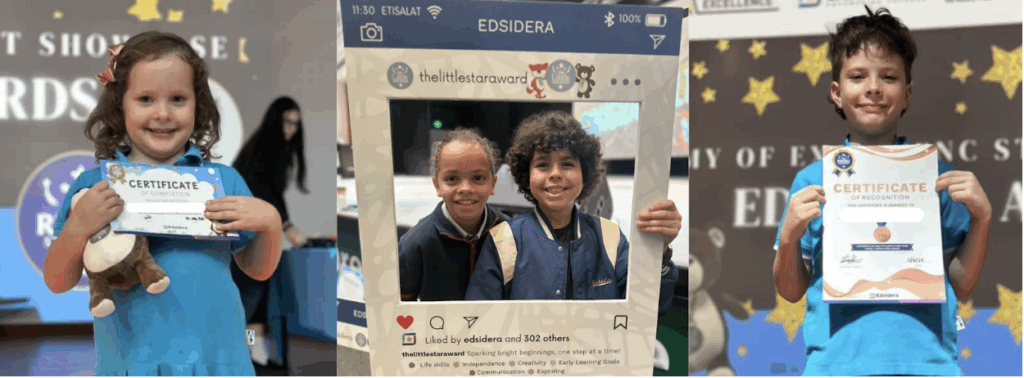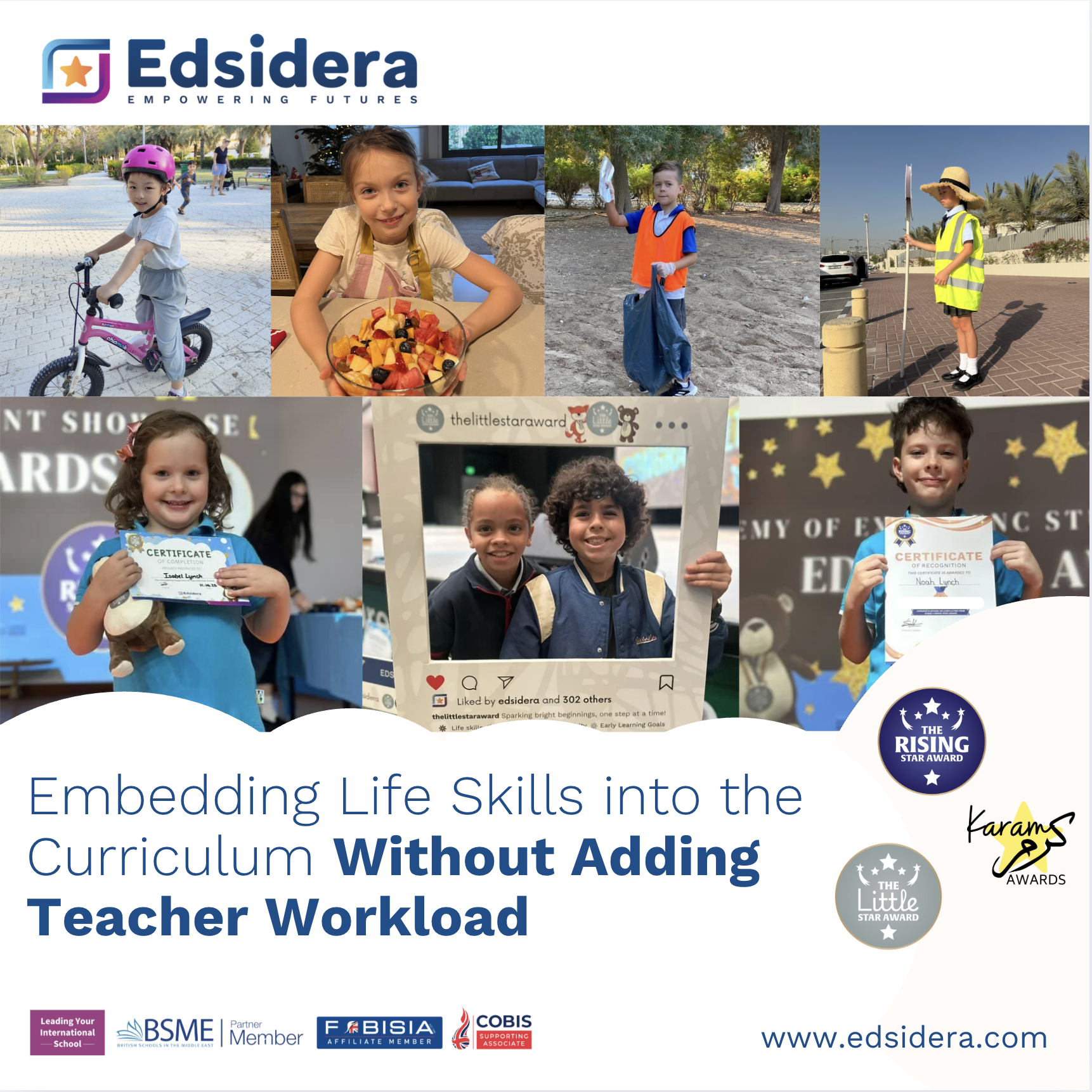Embedding Life Skills into The Curriculum Without Adding Teacher Workload
In classrooms around the world, academic outcomes often take centre stage. Yet the qualities that help young people thrive beyond school (resilience, creativity, leadership, empathy and confidence to just name a few) are developed just as powerfully through experiences that sit outside the traditional curriculum.
From leading a project to helping others, these moments build the character and adaptability that employers, universities and communities value most. They help students apply what they learn to real-life contexts, strengthening their sense of purpose and belonging.
The Case for Life Skills
Research continues to show that developing life skills early supports better wellbeing, behaviour and engagement in learning. When students are given opportunities to solve problems, take initiative and collaborate, they build independence and motivation that academic study alone cannot always provide.
As Jon Cripwell, National Education Lead for Primary Maths at Twinkl, explains, nurturing these skills also transforms how children learn in the classroom:
“The qualities that truly prepare children for life, such as curiosity and teamwork, aren’t built through worksheets or rote learning. They grow when students are given the freedom to explore, collaborate and take ownership of their learning, whether that’s in the maths classroom or beyond. When pupils are encouraged to problem-solve and make connections, they start to see that learning isn’t just about getting the right answer, it’s about thinking differently, persevering and applying those habits in new situations. Whether they’re planning a project or helping others, these moments help them learn how to think, not just what to think. When schools make time for experiences like this, even in small ways, it transforms how children approach learning and the world around them.”
However, while schools recognise the value of holistic education, the practical challenge remains: how can teachers embed these experiences without increasing their workload or sacrificing core curriculum time?
Making Whole-Child Learning Practical
This is where a more flexible approach makes the difference. Programmes like Edsidera are designed to help schools bring life skills and extra-curricular learning to life in a way that is structured, measurable and simple to deliver.

Edsidera’s award model allows students to complete hands-on challenges that nurture skills such as creativity and confidence. Activities might involve contributing to the community, taking on a personal challenge or exploring a cultural theme. They can be completed in class, during enrichment time or at home, wherever learning naturally happens.
Teachers don’t have to create or mark additional work. The challenges, reflection prompts and progress tracking are already built in, either through printed booklets or a digital app. Students upload evidence and reflections, which can be reviewed quickly and easily, meaning schools can demonstrate impact without adding administrative pressure.
Strengthening the Home-School Connection
A key benefit of life skills and extra-curricular learning is the bridge it builds between school and home. When pupils take part in activities beyond the classroom, families see their learning come to life. Parents often describe greater confidence and communication in their children, and schools see an improvement in wellbeing and engagement.
Through Edsidera’s framework, these experiences are celebrated through certificates, badges and simple recognition that motivates students to continue developing themselves. It’s a small shift that makes a lasting impact on how children view learning, as something active, personal and lifelong.

Creating Space for What Matters
Embedding life skills isn’t about adding more to the timetable, but about giving more meaning to what’s already there. By aligning personal development with the curriculum, schools can help students grow in ways that are both visible and measurable. As education evolves, the question is no longer whether we should prioritise life skills, but how we make them sustainable. Tools like Edsidera simply make it easier for schools to do what they already believe in: developing confident, capable and compassionate young people, one challenge at a time.
Author: Sophie Gornall, Marketing Manager, Edsidera







